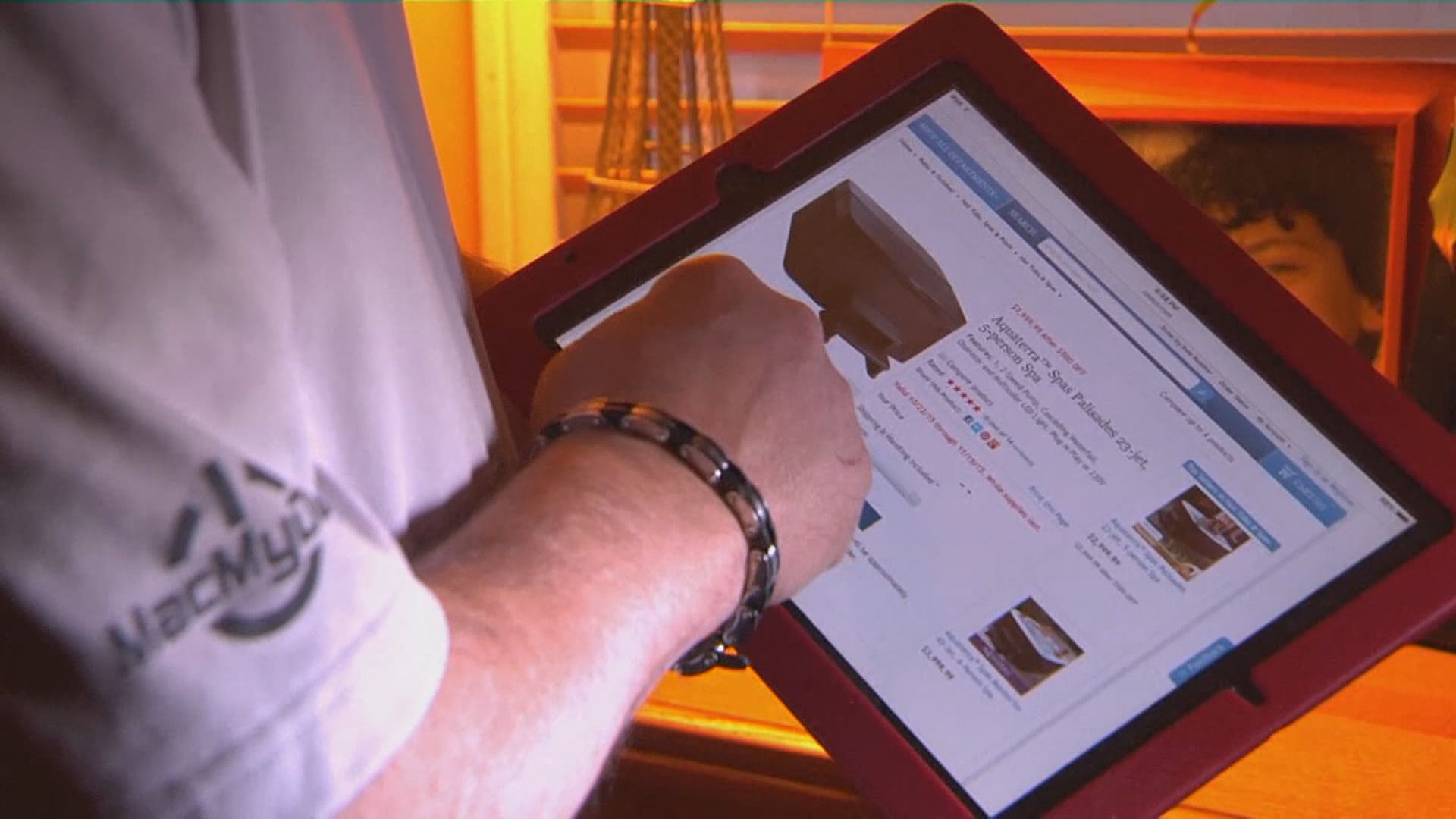Editor's Note: Friday we talked to Phil Horwitz, the Director of Office of Tax Policy Analysis and Mim Mirsky, the Taxation Communications manager. They asked us to clarify the new rules and make sure to be clear that regardless of how much a person spends or how much business a company does in Colorado they are still responsible for sales tax.
If you've shopped online without state and local sales tax, you could be asked to pay it after the fact thanks to a Colorado law the state is now enforcing.
Republican State Senator Chris Holbert sat down with 9NEWS on Wednesday to help explain the new rules that went into effect in July.
It's focused on online retailers who aren't collecting Colorado state and local sales taxes.
"I don't want people to learn about this the first time by being told they have to have a discussion or an audit with the Colorado Department of Revenue," Holbert said.
Under the new rule, here are the three obligations for all retailers who don’t collect Colorado state and local sales tax:
- The retailer has to tell the customer at the time of sale they could owe sales tax on the purchase because the retailer isn’t collecting it.
- Retailers who don’t collect sales tax are also supposed to tell customers at the end of the year they could owe sales tax. The retailer is also supposed to send the customers a summary of their purchases for the year.
- Retailers who don't collect sales tax are supposed to notify the Colorado Department of Revenue at the end of the year as well as who bought how much within that year.
Consumer use taxes are owed on any taxable items that are used, stored or consumed in Colorado on which sales tax wasn't paid.
"The state may know how much you paid to whom, when but not necessarily what you bought," Holbert said.
That matters because when you file your taxes, if you under-report how much you spent online, the state could double check that and say you owe them money.
The Department of Revenue said a retailer doing less than a $100,000 of business a year in Colorado will likely not be penalized by the state if they don't follow these notification obligations.
But if a retailer does more than a $100,000 worth of business in a year, the state could penalize them for not following these rules.
If a retailer has a customer who spent more than $500 with them, the retailer could be penalized for not following these notification obligations.
But if all of the retailer's customers spent less than $500, the retailer is less likely to get penalized, but could still face a fine for not telling customers at the time of transaction about the sales tax.
Holbert says the law could bring in around $6 million in revenue in a year.
"We shall see in the next six, nine, 12 months as Colorado residents deal with the new law or newly-in-effect law," he said.
The law has been in effect since July of 2017.
The Department of Revenue said if a business does more than $100,000 in business but their customers didn’t spend more than $500 the retailer could still get penalized for not telling people they could owe sales tax at the time of purchase.
Holbert says legislation was first passed in 2010, but was entangled in court battles until last year.
As for enforcement, the state says it will fine between $5 and $10 each time a company doesn't properly report information under these guidelines.
However, Holbert said it's an interesting situation because this is a matter of state law -- meaning it impacts companies that aren't based in Colorado, but do business here.
The Department of Revenue put together this link to help answer questions.


